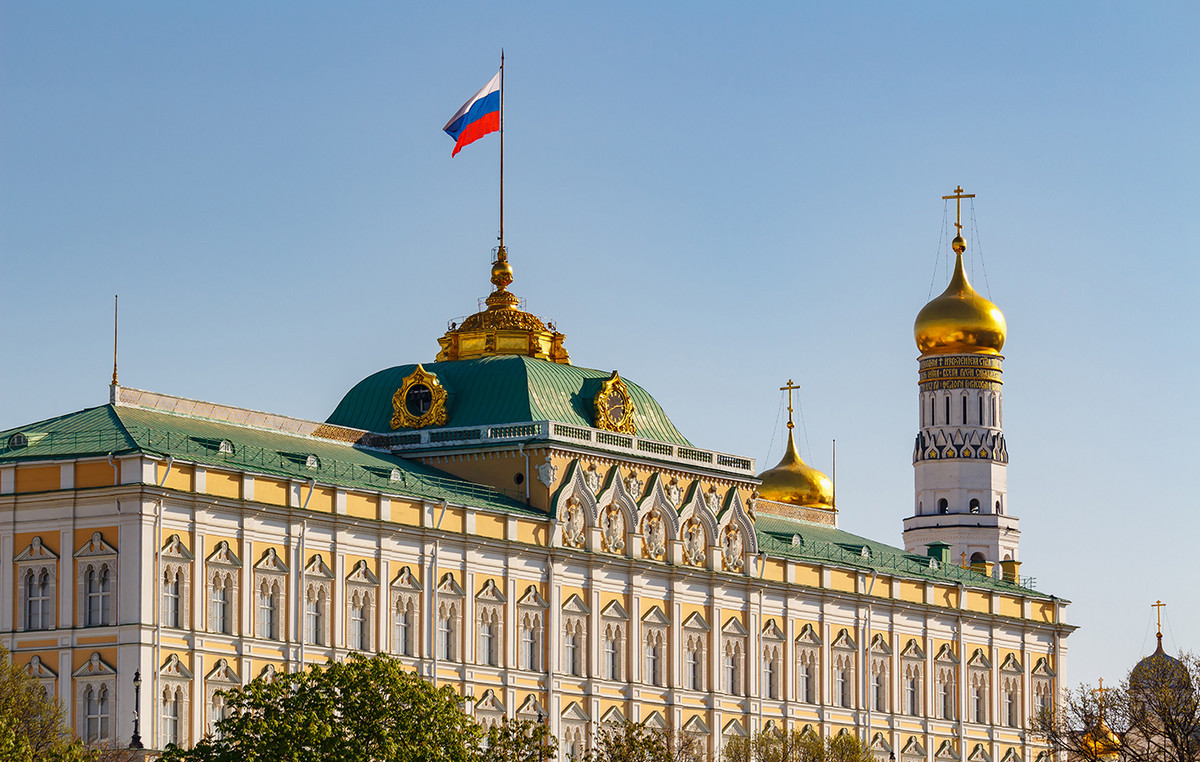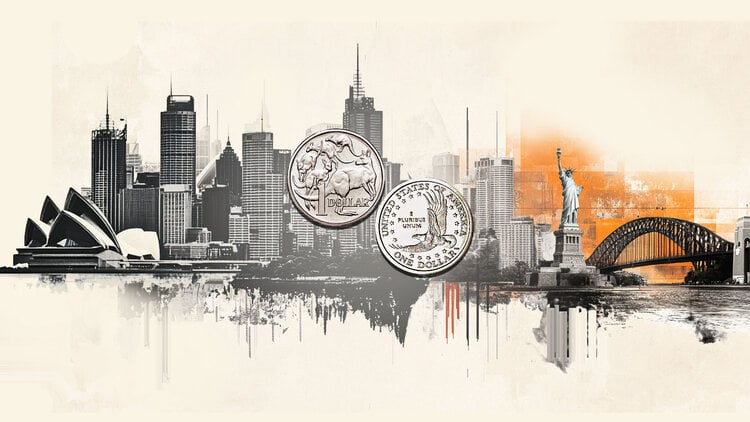The re-elected governors Helder Barbalho, from Pará, and Renato Casagrande, from Espírito Santo, and the governor-elect Tarcísio de Freitas, from São Paulo, analyzed this Friday (25) alternatives for the alterations made to the ICMS.
In 2022, due to the fuel crisis, a bill was approved that defines a ceiling of 17% for ICMS on fuel, electricity, telecommunications and public transport.
The debate was held during the Esfera Brasil Forum, organized by Esfera Brasil, an organization that aims to promote thinking and dialogue about Brazil and that brings together businessmen, entrepreneurs and the productive class. Independent and non-partisan, the group’s mission is to be a unifying hub for Brazilian entrepreneurship.
On the subject, Casagrande considered that, for state governments, 2022 was a “heavy year”. “The measure taken by the National Congress in relation to the immediate reduction of ICMS without considering the reality of the states was a blow to our accounts”, he said, adding that he made the planning for 2023 expecting a drop of R$ 1.6 billion in collection.
He also stated that “these issues”, such as tax reform, for example, should not be resolved during elections.
“I have been saying that President Lula has a responsibility as president, but given the moment we are living, the need for partnerships with the private sector to make the economy turn around”, he highlighted.
He pointed out, however, that he will try to maintain the modal rate, which is currently around 17% in the state.
Barbalho, in turn, explained that the change in this rate is for the states to “continue with their fiscal health preserved”.
“This one-off legislative measure removes from the states first the leadership on the governance of the main tax, which is the ICMS, it is clear that an alternative has to be sought”, he observed.
“We know that it was a measure with a precarious formula, disrespectful to the aspect of federative relations, however, casuistic for the moment we were living”, he added.
He pointed out that they are awaiting the decision of the Federal Supreme Court on the subject and the validity of this policy for 2023. “The solution would be compensation, which, unfortunately, did not happen”, he said.
Tarcísio de Freitas agreed that the lack of compensation to the states “is needed”, but stressed that it was a “dramatic” moment in relation to the increase in fuel prices and that, therefore, it was a necessary measure and that the federal government made contributions to the aid of the states.
Even so, he understands that it is necessary that the “side effects” be discussed.
“What seems reasonable to us at first is the compensation, and it should at least mitigate the problem for now, but it is a straw of the difficulty of the tax reform”, he added.
*follow the full event in the video highlighted above
Source: CNN Brasil
A journalist with over 7 years of experience in the news industry, currently working at World Stock Market as an author for the Entertainment section and also contributing to the Economics or finance section on a part-time basis. Has a passion for Entertainment and fashion topics, and has put in a lot of research and effort to provide accurate information to readers.







